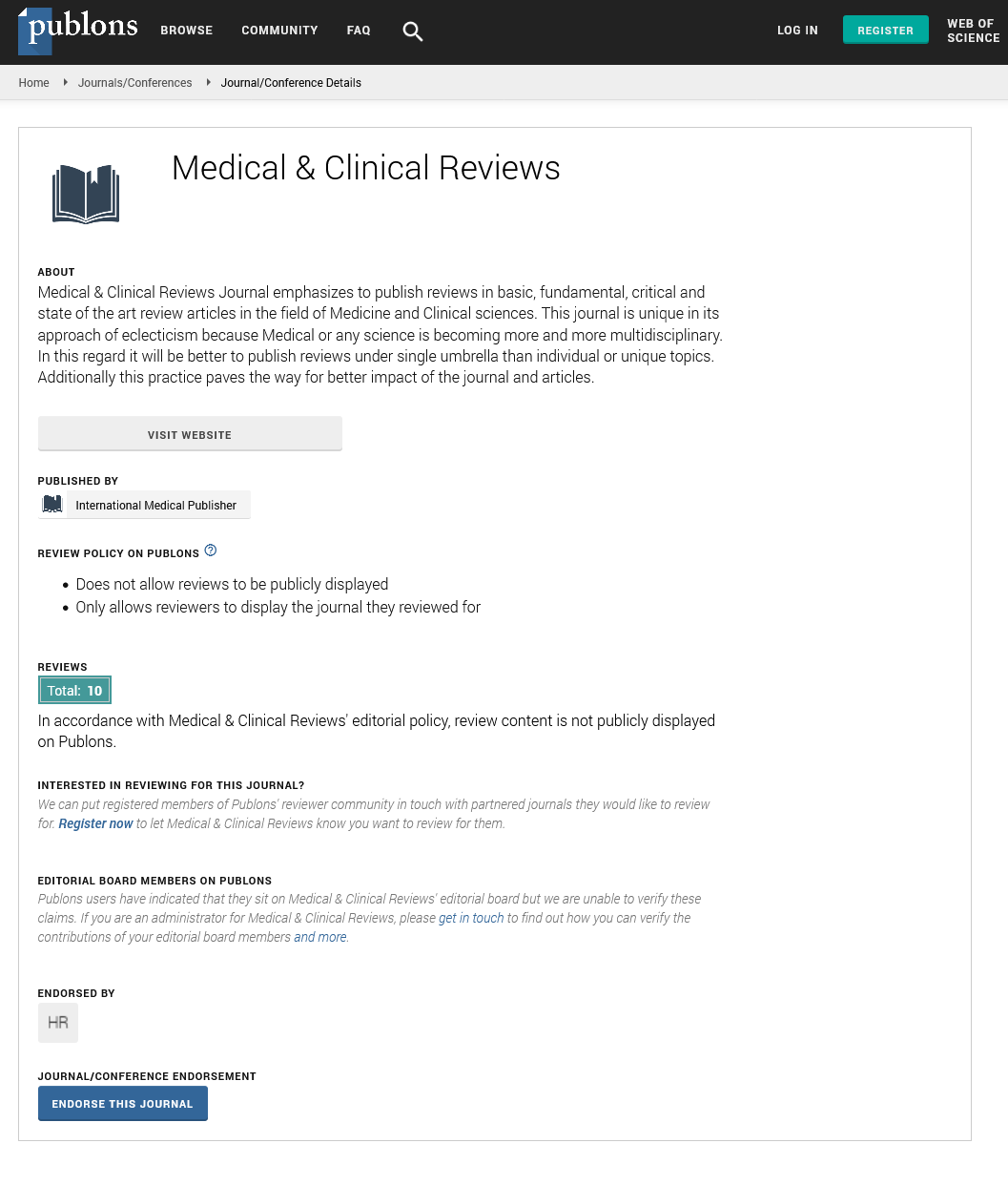Abstract
Using an Electronic Comprehensive Geriatric Assessment and Health Coaching to Prevent Frailty in Primary Care: The CARES Model
Frailty threatens the quality of life of seniors. As the leading cause for the disproportionate use of health care resources, frailty is a serious threat to the sustainability of the health care system. Mounting evidence suggests frailty can be prevented with early assessment and management. Primary care providers are well positioned to identify “at risk” seniors and enact care plans to prevent frailty from progressing. The Comprehensive Geriatric Assessment (CGA) has repeatedly demonstrated value in the clinical setting for enhanced outcomes for seniors. The Frailty Index (FI) is a reliable and sensitive measure of frailty that can be generated from the CGA (FI-CGA). Implementing the FI-CGA into the electronic medical records of primary care can enable the use of a reliable and valid measurement of frailty at point of service. Using the electronic FI-CGA in the clinic setting guides healthcare providers to make more meaningful and comprehensive healthcare decisions. Based on the degree of frailty, health coaching aims to both support the seniors competence in their self-management as well the adoption of health promoting behaviors like exercise and improved nutritional choices. The Community Actions and Resources Empowering Seniors (CARES) collaborative model in primary care aims to provide substantial healthcare cost savings over time by addressing frailty at early stages and decreasing costly hospital admissions. CARES further aims to improve the quality of life of seniors by generating a sense of empowerment and control over their risk for frailty through health coaching to adopt healthy aging strategies.
Author(s):
Antonina Garm, Grace H Park and Xiaowei Song
Abstract | Full-Text | PDF
Share this

Google scholar citation report
Citations : 906
Medical & Clinical Reviews received 906 citations as per google scholar report
Medical & Clinical Reviews peer review process verified at publons
Abstracted/Indexed in
- Google Scholar
- China National Knowledge Infrastructure (CNKI)
- Directory of Research Journal Indexing (DRJI)
- WorldCat
- Publons
- Secret Search Engine Labs
Open Access Journals
- Aquaculture & Veterinary Science
- Chemistry & Chemical Sciences
- Clinical Sciences
- Engineering
- General Science
- Genetics & Molecular Biology
- Health Care & Nursing
- Immunology & Microbiology
- Materials Science
- Mathematics & Physics
- Medical Sciences
- Neurology & Psychiatry
- Oncology & Cancer Science
- Pharmaceutical Sciences


